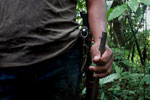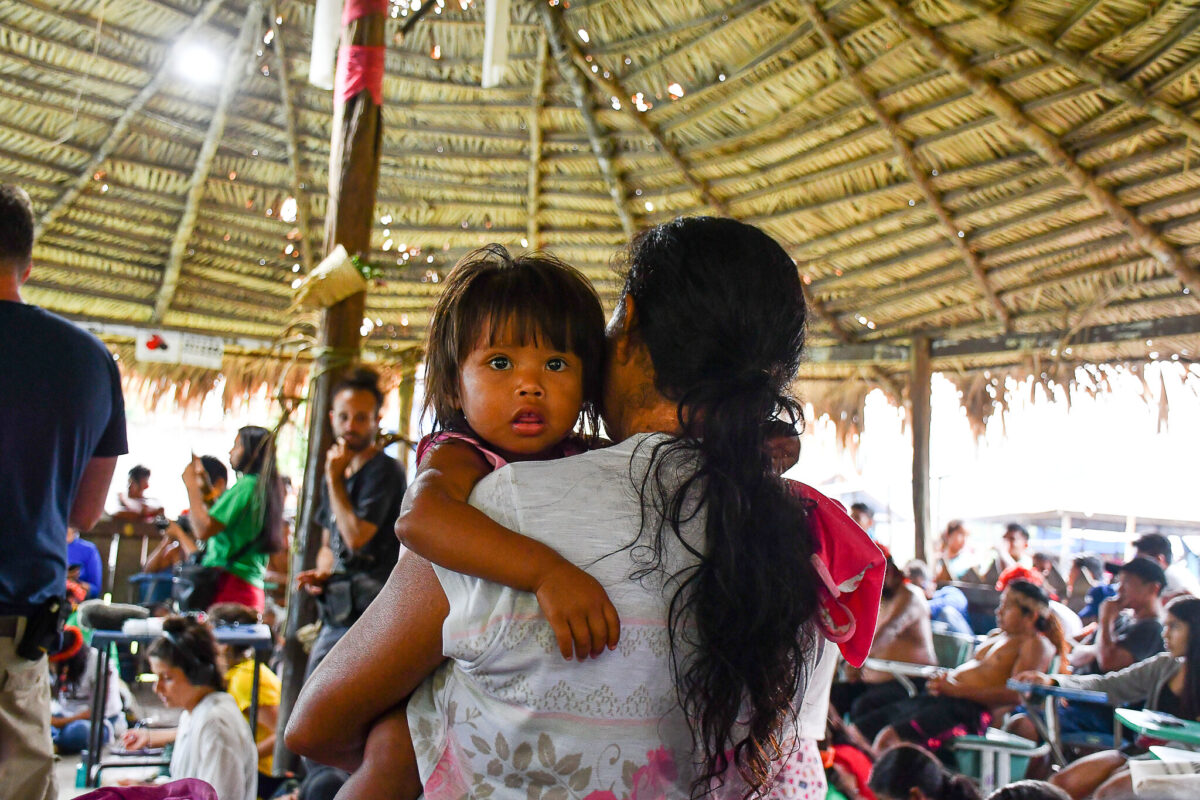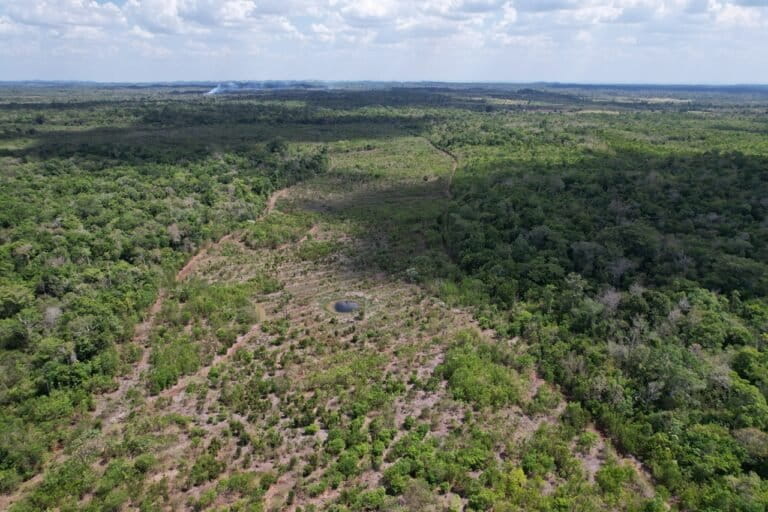A new survey of hunting in Brazil’s northeastern state of Paraíba, finds that hunters target, often illegally over 80 species for food, the pet trade, medicine, leather, fur, and ornaments. Over half of the species, mainly birds and mammals, are targeted for food, according to the research published in mongabay.com’s open access journal Tropical Conservation Science.
By interviewing 37 hunters in Paraíba, researchers were able to catalogue which species were targeted and how they were used: nearly 52 percent for food, 38 percent for the pet trade, 18 percent for medicine, 6 percent for crafts, and 3 percent for religious reasons. Furthermore, a quarter of the species are targeted for perceived harm to people. Much of this hunting is done illegally by Paraíba communities, but the researchers see little likelihood of stopping such hunting altogether, rather they recommend improving education and regulations.
“Our results have urgently pointed urgently pointed out the need to create educational programs for local residents, in order to organize the hunting activities,” the scientists write. “Considering that hunting and the use of the wild fauna are ordinary activities in the region, it is urgent that control of these practices is improved, since the legal implications have not been effective.”
CITATION: Alves, R. R. N, Gonçalves, M. B. R. e Vieira W. L. S. 2012. Caça, uso e conservação de vertebrados no semiárido Brasileiro. Tropical Conservation Science Vol. 5(3):394-416 .
Related articles
Half of tropical forest parks losing biodiversity

(07/25/2012) Governments have set up protected areas, in part, to act as reservoirs for our Earth’s stunning biodiversity; no where is this more true than in the world’s tropical forests, which contain around half of our planet’s species. However a new study in Nature finds that wildlife in many of the world’s rainforest parks remains imperiled by human pressures both inside and outside the reserves, threatening to undercut global conservation efforts. Looking at a representative 60 protected areas across 36 tropical nations, the scientists found that about half the parks suffered an “erosion of biodiversity” over the last 20-30 years.
Majority of protected tropical forests “empty” due to hunting

(02/08/2012) Protected areas in the world’s tropical rainforests are absolutely essential, but one cannot simply set up a new refuge and believe the work is done, according to a new paper in Bioscience. Unsustainable hunting and poaching is decimating tropical forest species in the Amazon, the Congo, Southeast Asia, and Oceana, leaving behind “empty forests,” places largely devoid of any mammal, bird, or reptile over a few pounds. The loss of such species impacts the whole ecosystems, as plants lose seed dispersers and the food chain is unraveled.














